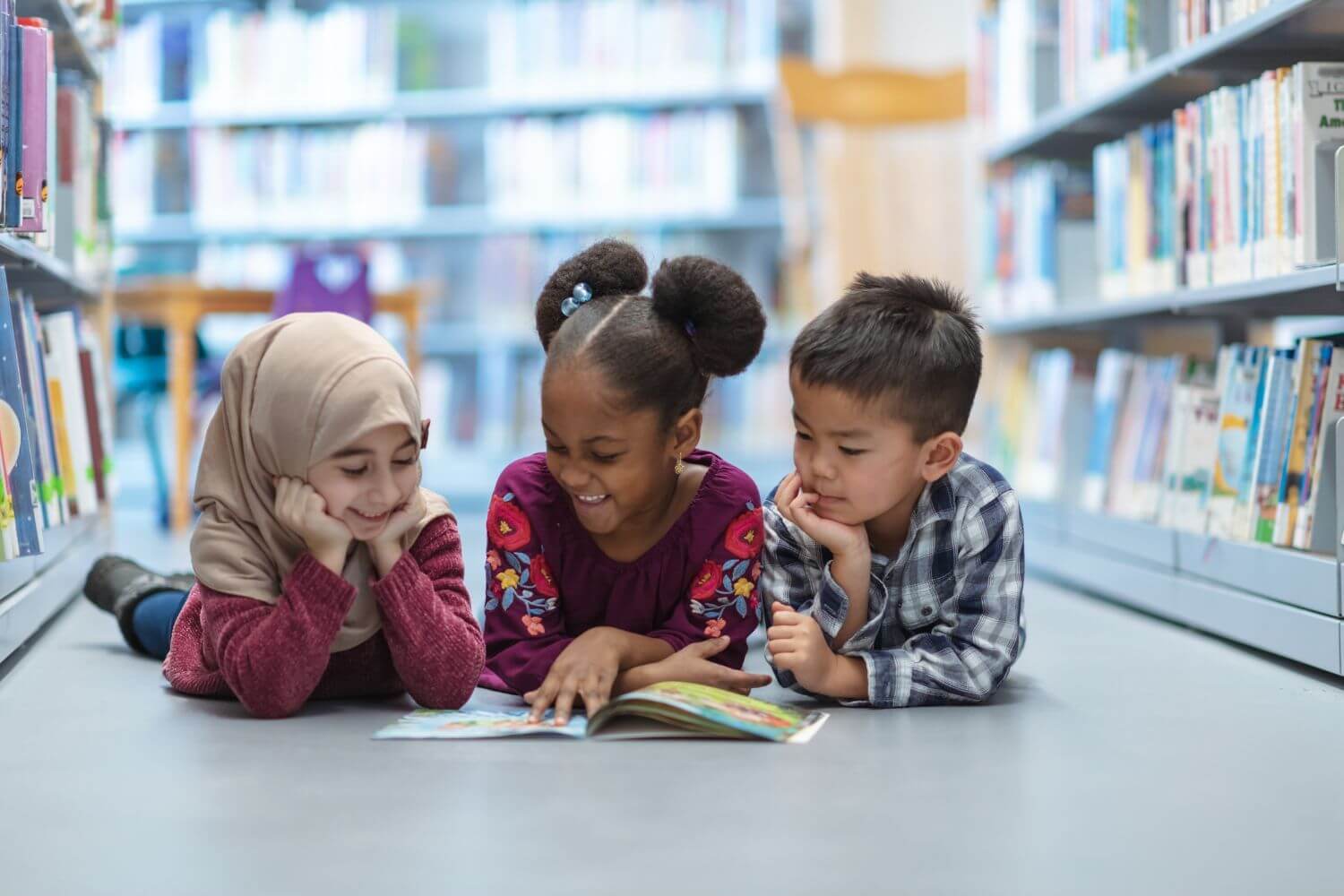
Embarking on the path of parenthood opens doors to countless opportunities, and one of the most rewarding endeavours is nurturing your child’s love for learning. Let’s explore actionable strategies to not only spark curiosity in young children, but also to foster a genuine and lasting passion for learning. Join us as we delve into each method, providing insights and practical tips to transform your child’s educational journey.
Understanding the Foundation
Before we dive into specific strategies, let’s lay the groundwork by understanding the profound impact curiosity has on a child’s overall development. Curiosity is more than a trait; it’s the driving force behind critical thinking, problem-solving, and creativity. By acknowledging its pivotal role, we can better appreciate the importance of cultivating this quality in our young learners.
Create a Learning-Enriched Environment
Building a home environment that stimulates curiosity involves more than just stocking shelves with books. Consider creating themed learning corners, incorporating educational games, and displaying interactive visuals. By curating an environment that mirrors the wonders of the outside world, you invite curiosity to thrive within your child’s daily surroundings.
Encourage Questions and Exploration
Children are naturally curious beings, and fostering their innate desire to question the world around them is key. Encourage an open dialogue where questions are met with enthusiasm. Establish a safe space for exploration, both mentally and physically, allowing your child to actively seek answers and embark on a journey of self-discovery.
Introduce Diverse Learning Resources
Diversity is the spice of life, and the same holds true for learning resources. Explore various mediums, from traditional books to interactive educational apps, tailoring your choices to your child’s interests. A well-rounded mix of materials ensures that learning remains engaging, relevant, and adapts to your child’s evolving curiosity.
Incorporate Real-World Experiences
Textbooks can only convey so much. To truly ignite curiosity, connect theoretical knowledge to tangible, real-world experiences. Museums, nature walks, and even simple kitchen experiments provide opportunities for hands-on learning that not only educates but sparks a deeper curiosity by connecting abstract concepts to concrete examples.
Celebrate Curiosity Through Play
Play is a child’s language, and integrating educational elements into playtime can have a profound impact. Educational games, puzzles, and imaginative play not only make learning enjoyable but also instil a sense of curiosity by presenting knowledge in a fun and interactive manner.
Be a Learning Role Model
Children often emulate the behaviours they witness. By showcasing your own enthusiasm for learning, whether through reading, pursuing hobbies, or tackling new challenges, you become a living example of the joy that comes with curiosity. Your passion will undoubtedly inspire and kindle a similar flame in your child.
Stay Curious Together
The family unit is a powerful force in shaping a child’s worldview. Foster a culture of collective curiosity by exploring new topics together. Attend workshops, embark on educational outings, and participate in shared experiences. Not only does this strengthen family bonds, but it also reinforces the idea that curiosity is a lifelong pursuit meant to be shared and celebrated.
As a parent, you have the extraordinary privilege of being the architect of your child’s educational journey. At Ignite ELC, we believe that by deliberately cultivating an environment that nourishes curiosity, you’re not only fostering a love for learning but laying the foundation for a future where curiosity becomes a guiding light. Witness as your child’s love for learning flourishes into a lifelong passion, propelling them towards a future filled with knowledge, creativity, and boundless curiosity. Get in touch!
Here’s what parents and
carers are saying
carers are saying
My children have been attending Ignite since the centre was opened. The educators and management have been very caring and involved in their job. The owner and the director are amazing and attend very promptly my all requests. The educators are very lovely and caring. I strongly recommend this childcare.
I would highly recommend families to enrol their children in this beautiful service. Ignite Early Learning Centre has a very warm and inviting environment for all families and children; the learning rooms are all filled with great resources and programs designed for the children’s developmental needs. I have been in the centre because I have friends who work there and I am very impressed with the pleasing and friendly educators working with the children and the management who are kind, down to earth and willing to help families at all times. It is also amazing to see the children’s daily activities and experiences which will help them grow as confident, responsible and caring children.
We have been going for almost a year now. Much much better than other centres such as the ones next door at bardia. Attitude to customer service, parents requests and concerns are the standouts. Staff are well trained and professional. Thry don’t whinge and have an attitude like many centres. Recommended by a parents who goes there as well. We recommend as well. Centre itself looks great, safe and tidy. The owner is the key. She is active in managing the centre.
